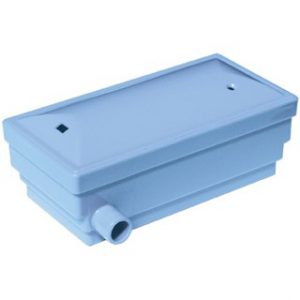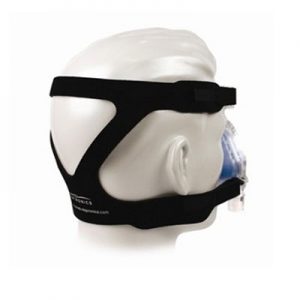Snore, Is it Mean I Have Sleep Apnea?
If you just expose that you snore during your sleep, you may doubt if it’s a symptom of something more serious—sleep apnea. Since three-quarters of extreme snorers do have this condition, it is a valid question. Thanks to better research and attention, sleep apnea—and its serious problem has come to the attention of the Indian public.

Exactly, it is worth a visit to your healthcare provider to find out. After all, if you do have the situation, it puts you at risk for heart problems, strokes, accidents, high blood pressure, and Diabetes. Moreover, it can make you exhausted during the day, affecting your mood at home and your capacity at work.
Sleep Apnea or Snoring? How to Know.
Snoring appears when your upper airway diminishes during sleep when some of the tissues relax and drop down, moderately blocking your air passage. As the air passes through the diminishes passage, it vibrates the loose tissues and causes the distinctive sounds of snoring.
With sleep apnea, though, you stop breathing a few times during the night. In serious cases, these incidents can be as constant as 80 times per hour. If you sleep in the same room as your partner or a roommate, ask them if they notice any cases in which you stop breathing. If so, make a consultation with your healthcare provider for a sleep study as soon as possible.
If you don’t have anybody who can monitor you as you sleep, it would still be in your best interest to learn if it is sleep apnea that causes your snoring. You can still have sleep apnea even if you don’t notice any interrupt in your breathing as you sleep. That’s exclusively true if you often feel tired during the daytime. Daytime weakness is one of the main signals that your snoring may be due to sleep apnea.
Other risk causes include sleeping on your back, smoking, or being overweight. If you have one of these risks causes, it pays to endure a sleep study. That’s the only way you can know for sure if sleep apnea is the cause of your snoring.
After Your Sleep Apnoea Diagnosis.
Once you receive a diagnosis of sleep apnea, tell your healthcare specialist the best way to survive this health issue. The good news? In most cases, sleep apnea is easy to treat.
The effective, yet often uncomfortable CPAP.
If you have a serious case of sleep apnea, your healthcare specialist may recommend a CPAP (continuous positive airway pressure) device. This machine builds quiet air pressure inside your throat as you sleep, Avoid the tissues inside your throat from cut off your airway. CPAP devices use a nose mask or a face mask connected to the machine to deliver the air. Many patients, however, find these pieces of equipment extremely uncomfortable—and therefore will not wear them, despite the distinct health benefits.
There is, however, another solution.
Custom-made oral devices deliver comfortable relief for most sleep apnea patients
With all cases of sleep apnea, especially if someone can’t use a CPAP machine, patients can experience complete relief with simple dental equipment.
This Australian-made equipment fits right in your mouth. As you sleep, the equipment gently pushes your tongue and lower jaw forward to clear your airway. With this equipment, the relaxed tissues at the back of your throat can’t destruction into your airway—even when they totally lose during deep sleep.
It’s a game-changer for the public all over the world who’ve used it. Unlike other oral equipment, it’s custom-made to the curve of your mouth, so it’s far more comfortable than invasive CPAP devices or other oral devices.
Designed to fit the exact curve of your mouth using three-dimensional CAD/CAM design software, this appliance won’t rub or create irritability as do many oral devices. It uses cutting-edge automation and high-quality acrylic ingredient to provide the ultimate in comfort. Literally, you’ll be able to talk, to close and open your mouth and lips when you wear it.
After you receive your device, you will receive a follow-up guide throughout your treatment to make sure everything is working according to your cure plan.
Furthermore, this equipment is the best available treatment for non-sleep apnea-related snoring. If your partner or your household can’t sleep because of your loud snoring, it pays to check out whether this equipment may help bring better sleep for everyone at your home.
Lifestyle changes can help
Finally, in addition to your oral devices, you can also benefit from lifestyle changes. If you need to lose weight, reduce alcohol consumption, or change your sleeping position, these steps can have a major impact on people with sleep apnea. Even if they cannot completely resolve the condition, they can supplement other treatments to give you a good night’s sleep.
To find out whether’s comfortable and personalized oral devices can relieve your sleep apnea or snoring, please contact us immediately or make an appointment with Rudraksha Healthcare for a sleep study or respiratory care products for your better cure.



